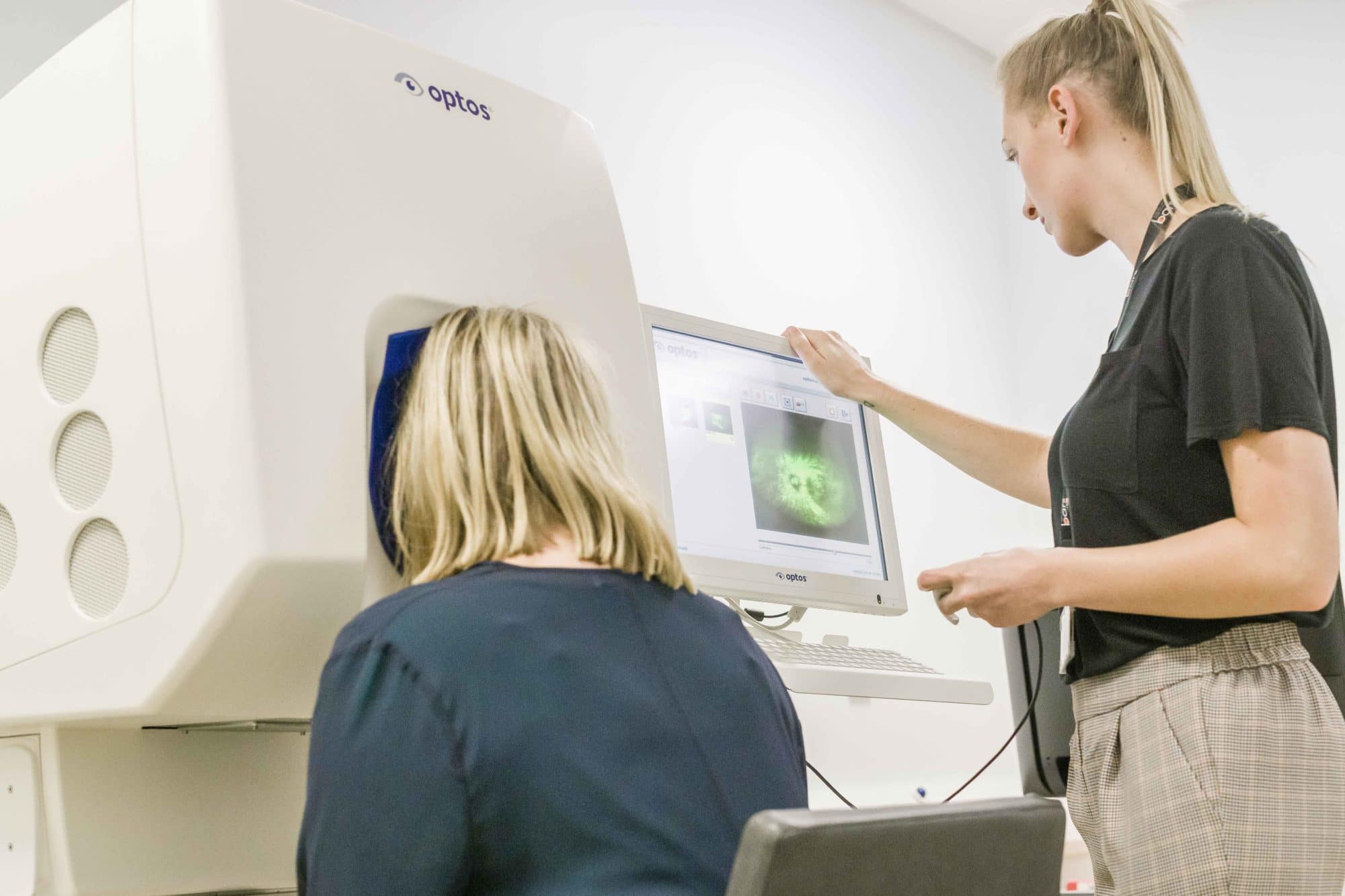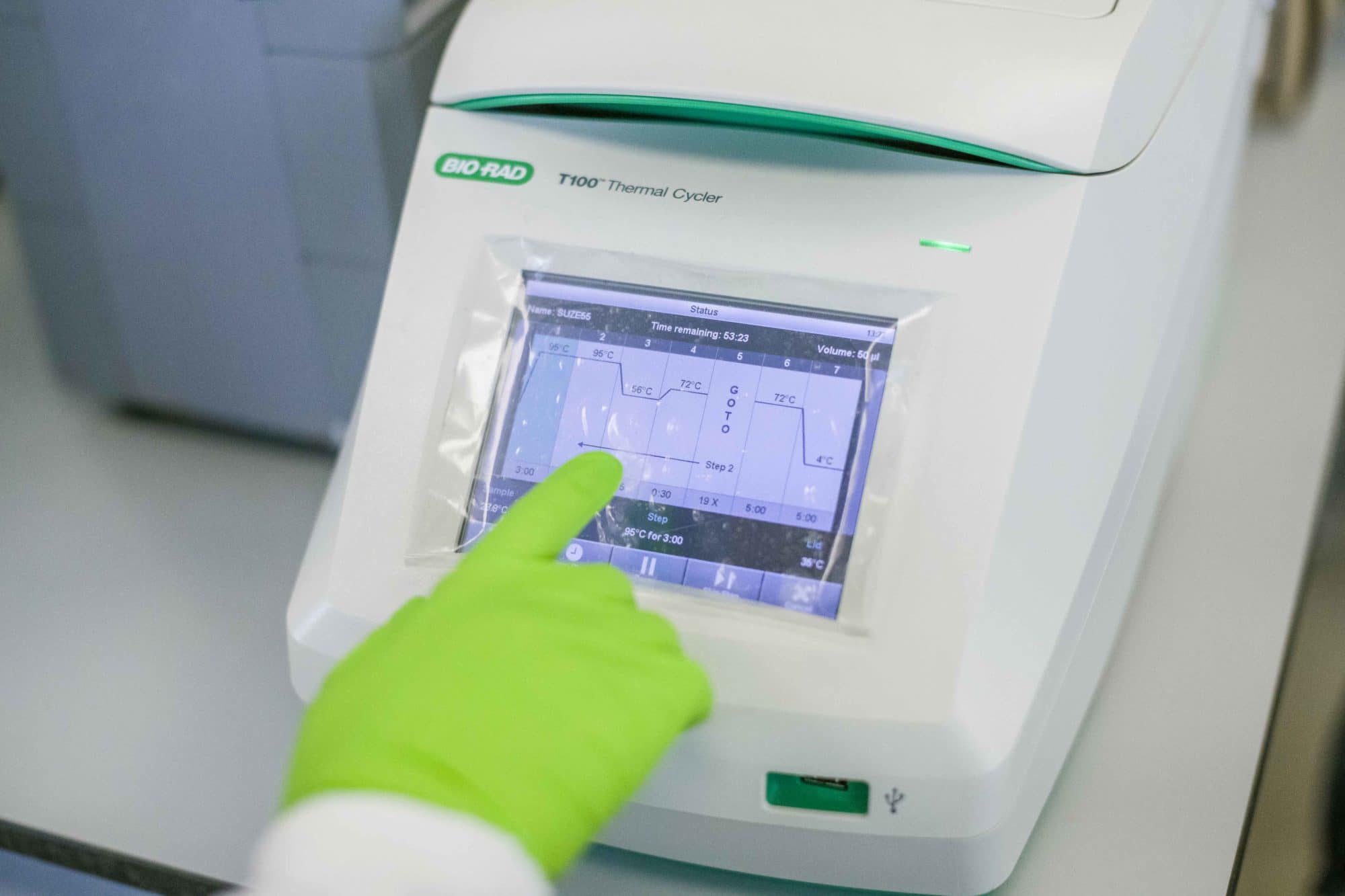Research update – ProQR
In February 2022, ProQR announced a disappointing outcome for their phase 2/3 trial of sepofarsen for Leber congenital amaurosis type 10 (LCA10).
Search results
In February 2022, ProQR announced a disappointing outcome for their phase 2/3 trial of sepofarsen for Leber congenital amaurosis type 10 (LCA10).

UK researchers have discovered that passing a weak electrical current between electrodes on a person’s scalp may lead to a reduction in frequency of the visual hallucinations experienced by some people living with sight loss.
Biotechnology company ProQR has announced encouraging results from its phase 1/2 clinical trial of an innovative treatment for sight loss caused by faults in a specific section of the USH2A gene.

Inherited progressive sight loss is caused by a range of rare genetic conditions. We specialise in those which affect the retina.

There are many ongoing clinical and laboratory studies around the world, exploring innovative approaches to treating inherited sight loss.

If you support someone with inherited sight loss and they need additional support or information, you can make a referral to one or more of our dedicated services.

Inside this edition, register now for our AI webinar on 7 December with Dr Nikolas Pontikos.

We are proud to work collaboratively with a number of corporate partners to enable our community to live fulfilled lives today as well as supporting the pharmaceutical industry in their mission to develop potential new treatments.

Inherited retinal dystrophies (IRDs) are the leading cause of blindness in working-age people in the UK, and children as young as eighteen-months are regularly diagnosed.
In recent years there has, understandably, been a lot of excitement around cutting-edge therapies that target the specific genetic faults underlying inherited sight loss.